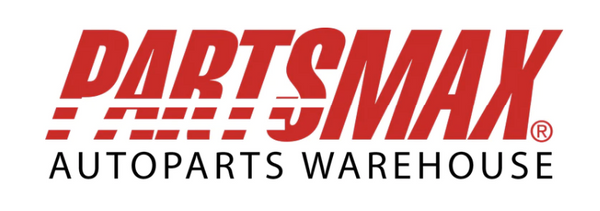Drive Smart Don't Get Driven by Dealership Upsells
You've finally found the perfect car after hours of research and anticipation. Everything seems to fall into place until you sit with a dealership representative. Suddenly, you're bombarded with offers for extras that make no sense to you. This is common for first-time car buyers and even seasoned vehicle enthusiasts. In this post, we'll explore how to avoid being swept away by upsells at the dealership, maintain control of your budget, and walk away with just what you need.
Know the Common Upsells Dealerships Push
Car dealerships have mastered the art of upselling. One popular tactic is offering extended warranties, suggesting they provide additional peace of mind. However, most new cars already come with robust warranties that cover many potential issues for several years. Paying extra for something that’s already covered doesn’t make much sense.
Dealerships often promote fabric protection and paint sealants as a way to safeguard your vehicle's appearance. While this may sound appealing, these add-ons are frequently overpriced. Many of these services promise benefits that can be achieved for less by visiting a detailer or using do-it-yourself products available at local stores.
Gap insurance is another common upsell. It covers the difference between what you owe on your car and its value in the event of total loss. While useful in some scenarios, it's not necessary for everyone. Understanding what your insurance covers can prevent you from falling for this expensive extra.
View our online inventory of Aftermarket Auto Parts
Stick to Your Pre-Set Budget
Before stepping foot into a dealership, having a clear, well-defined budget is critical. Knowing how much you’re willing to spend can shield you from making impulsive decisions that could lead to financial strain. A firm budget acts as a guide, helping you say no to unnecessary expenses.
Separate the car purchase from any additional extras. First, focus on negotiating the best possible price for the vehicle itself. Once you have settled on the car's price, then—and only then—should you consider any potential add-ons. This separation can help keep your budget and priorities in check.

Do Your Research on Extras Beforehand
Preparation is key when navigating the dealership world. Before visiting, educate yourself on optional features like extended warranties and maintenance plans. Understanding what you genuinely need can prevent you from spending money on extras that are not valuable.
Checking prices outside the dealership can yield surprising results. Many third-party providers offer similar, if not superior, services at a fraction of the cost. By comparing these prices, you’ll be better equipped to make informed decisions and save money.
Politely Decline Upsells
Saying no to upsells at the dealership doesn’t have to be awkward or confrontational. Practice polite but firm responses that assert your decision without offending the salesperson. Respond confidently and thank them for their suggestion while reiterating your current focus on essentials only.
Keep your focus on what truly matters—the essentials. Make it clear that you are open to considering additional options in the future, but right now, your priority is securing the car within your set budget. This strategy allows you to retain control while keeping the door open for future considerations.
Ask for Everything in Writing
Requesting a breakdown of costs can be incredibly enlightening. Insist on receiving detailed documentation outlining the car’s price, fees, and proposed extras. This transparency lets you see exactly what you're paying for and helps identify discrepancies.
Review your contract carefully before signing. Look out for hidden fees or add-ons that might have been sneaked in without your explicit consent. Reviewing the contract ensures you’re not caught off guard by unexpected expenses later on.
Conclusion
Buying a new car can be an exciting but daunting experience, especially when faced with aggressive upselling tactics. By understanding common upsells, sticking to a pre-set budget, researching, and confidently declining unnecessary extras, you can protect your finances and enjoy the vehicle you initially set out to purchase.
Remember, you hold the power during the buying process. Be prepared, ask questions, and focus on your needs to avoid unwanted add-ons. With these strategies, you'll be well-equipped to drive off with peace of mind and your budget intact.

